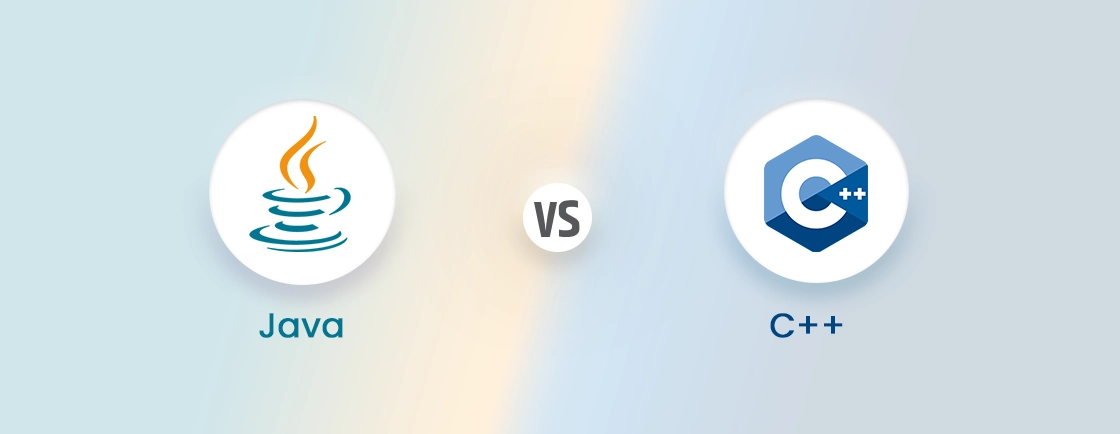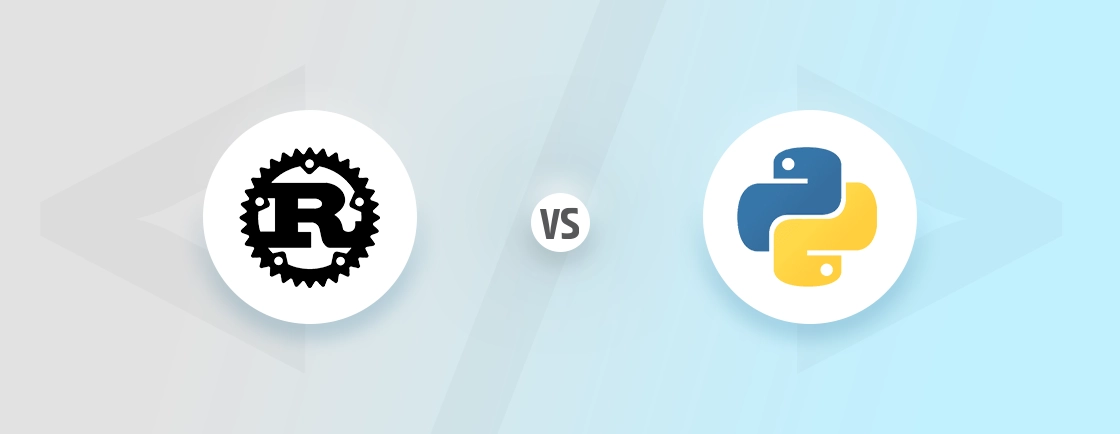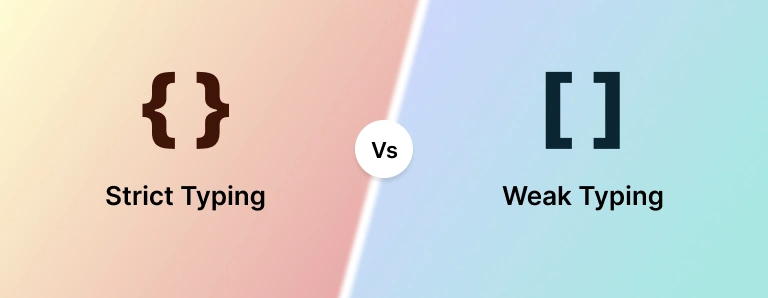Table of Contents
When it comes to eLearning and employee development, you’ll often hear two terms: LXP (Learning Experience Platform) and LMS (Learning Management System). Both serve educational purposes but they operate quite differently.
LMS focuses on structured training, compliance, and tracking progress, LXP prioritizes learner engagement, offering a more flexible and interactive approach to training.
So, which one is right for your organization? Let’s understand the key differences between LXP and LMS to make the best choice.
LXP vs LMS: Comparison Table
| Features | LMS (Learning Management System) | LXP (Learning Experience Platform) |
|---|---|---|
| Primary Focus | Structured course delivery, tracking, and reporting | Personalized, learner-centric experience |
| Content Type | Mostly formal, instructor-led training (courses, certifications) | Informal, on-demand content from various sources |
| User Control | Limited learner autonomy, more administrator-driven | High learner control and self-directed learning |
| Learning Approach | Formal, structured learning with assessments | Informal, collaborative learning with personalized content |
| Social Learning | Limited or no social features | Strong emphasis on social learning (discussions, peer groups) |
| Content Sources | Primarily internal, predefined content | Aggregates content from various external and internal sources |
| Analytics & Reporting | Tracks course completion, test scores, and certifications | Tracks learner activity, engagement, and content consumption |
| Best For | Compliance training, certification, and formal education | Continuous learning, employee engagement, and skill development |
Simply put, LMS focuses on structured, formal training with tracking and assessments, ideal for compliance and certifications. LXP offers personalized, informal learning with social features, catering to continuous development and learner autonomy.
What is an LMS (Learning Management System)?
An LMS is a software platform used to manage and deliver educational content, track learner progress, and assess learning outcomes. Traditionally, LMSs were used by schools, colleges, and corporate training departments to deliver training programs. They are highly structured and often focus on formal, instructor-led learning, such as courses, certifications, and compliance training.
Key Features of an LMS:
- Course Management: Administrators can create, manage, and organize content into courses.
- Tracking and Reporting: Track learner progress, including course completions, test scores, and certifications.
- Assessments: Built-in quizzes and tests to measure learner knowledge and provide feedback.
- Compliance and Certifications: Track certifications and ensure learners meet regulatory requirements.
Building an LMS is essential for organizations that need structured learning and progress tracking, particularly when compliance and certifications are a priority.
What is an LXP (Learning Experience Platform)?
An LXP is a more modern approach to learning and is designed to offer a more personalized and engaging learning experience. Unlike an LMS, which focuses on content delivery and tracking, an LXP emphasizes the learner’s journey and experience. LXPs curate learning content from multiple sources, offering a flexible, engaging, and learner-centered experience.
Key Features of an LXP:
- Personalized Learning Paths: Tailors content to individual learners based on their interests, activities, and goals.
- Social Learning: Includes forums, discussions, and peer learning for collaborative education.
- Content Aggregation: Gathers content from multiple sources like third-party providers, videos, articles, and podcasts.
- User-Driven: Gives learners control over what, when, and how they learn.
An LXP is perfect for organizations that want to offer flexible, engaging, and personalized learning experiences, giving learners more control over their learning.
LXP vs LMS: Key differences
When choosing a learning platform, understanding the key differences between LXP (Learning Experience Platform) and LMS (Learning Management System) is crucial to selecting the right one for your needs.
Learning Focus
- LXP: Offers personalized, self-paced learning with informal content based on learner preferences.
- LMS: Focuses on structured, formal learning like courses and certifications.
Which is better: It depends on your needs. If you want a more flexible, learner-driven experience, go for LXP. For formal training, LMS is the better choice.
User Control
- LXP: Gives learners control over what, when, and how they learn, promoting autonomy.
- LMS: Primarily admin-controlled, with limited learner flexibility.
Which is better: LXP is better if you want to empower learners with more control over their learning path.
Content Type
- LXP: Aggregates content from various sources, including videos, articles, and podcasts.
- LMS: Focuses on internal, pre-designed content like courses and certifications.
Which is better: LXP is ideal for diverse content needs. If you want a structured environment, LMS works best.
Social Features
- LXP: Offers social learning features such as peer-to-peer interactions, discussions, and collaboration.
- LMS: Generally lacks or has limited social learning features.
Which is better: LXP is the winner if you want to promote collaboration and social learning.
Analytics & Reporting
- LXP: Focuses on tracking learner engagement, activity, and content consumption.
- LMS: Tracks formal metrics like course completion, test scores, and certifications.
Which is better: LMS is better for tracking formal learning progress. LXP is great for understanding learner engagement and activity.
LXP offers personalized, self-paced learning with diverse content and social features, while LMS focuses on structured, formal training with admin control and detailed progress tracking.
LXP vs LMS: Which Platform to Choose?
When choosing between an LXP (Learning Experience Platform) and an LMS (Learning Management System), it’s important to consider your organization’s goals, the type of learning experience you want to provide, and how you want to track learner progress.
- Choose LXP if you want to offer a personalized learning experience. LXP is great for providing self-paced, learner-driven content that adapts to individual needs and interests. It’s perfect for employees or learners who prefer more flexibility and access to diverse content like videos, articles, and podcasts.
- Choose LMS if your focus is on structured, formal training. LMS is ideal for businesses or educational institutions that need to manage courses, certifications, and track learner progress. It’s the right choice if you need to ensure compliance, measure performance, and offer a clear learning path.
In short, if you need flexibility and personalized learning, go for LXP. If you need a more structured, formal system with tracking and certification, choose LMS.
LXP or LMS, Which is Better Choice?
To sum up, the choice between an LMS and an LXP comes down to your organization’s learning objectives. For a structured formal training focused on compliance, an LMS may be the better choice. But, if you want to offer a more personalized, engaging learning experience, an LXP is a great option.
Understanding your business needs will help you decide what best suits your learning and development needs.
Whether you choose an LMS, an LXP or a mix of both, consulting an expert LMS development company will help you get the best outcomes!
FAQs on LXP vs LMS
Can an organization use both LMS and LXP?
Yes, organizations can use both. An LMS can manage formal training and compliance, while an LXP provides personalized, self-directed learning experiences.
Which one is more suitable for structured learning and compliance?
An LMS is more suitable for structured learning and compliance, as it tracks progress, certifications, and course completions.
Which is better for corporate training, an LMS or an LXP?
It depends on the goals. An LMS is better for formal training, certifications, and compliance, while an LXP is ideal for continuous, personalized learning and employee development.
Compare the best tech side by side.
Our in-depth comparisons help you see features, pros & cons, and choose the right tools confidently.





